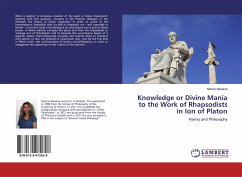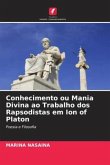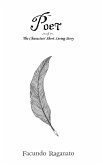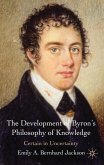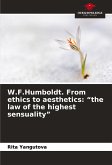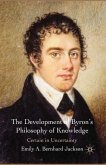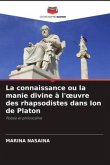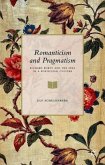What is poetry? A conscious creation of the poet or divine inspiration? Starting with this question, Socrates in the Platonic dialogue of Ion develops the theory of divine inspiration in order to prove to the homonymous rhapsodist that his skill in rhapsodic art - and especially in Homer - is not the result of professional art and science but is due to divine power. A divine impulse occupies the poets and then the rhapsodists to "emerge out of themselves" and to become the unconscious hopes of a superior power that temporarily occupies and inspires them to interpret their poems. In fact, Ion presents in a particular way - and for the first time in Plato's work- the confrontation of poetry and philosophy, in order to exaggerate the superiority of the "crown of the sciences".
Bitte wählen Sie Ihr Anliegen aus.
Rechnungen
Retourenschein anfordern
Bestellstatus
Storno

